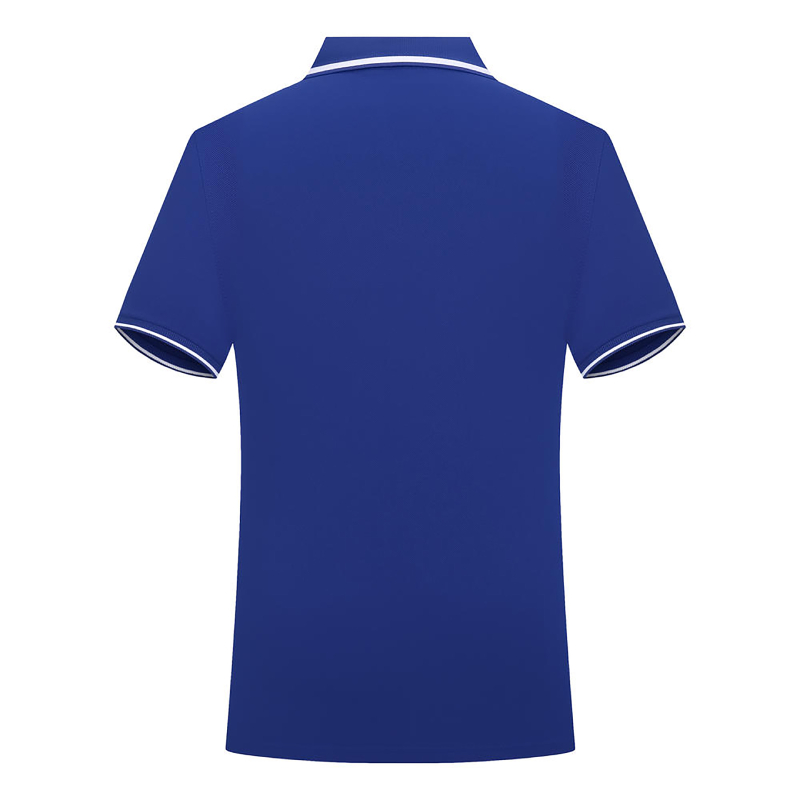- Afrikaans
- Albanian
- Arabic
- Armenian
- Basque
- Belarusian
- Bengali
- Bulgarian
- Croatian
- Czech
- Danish
- Dutch
- English
- Esperanto
- Finnish
- French
- German
- Greek
- Hebrew
- Hindi
- Indonesian
- irish
- Italian
- Japanese
- Javanese
- kazakh
- Rwandese
- Korean
- Kyrgyz
- Latin
- Latvian
- Luxembourgish
- Malay
- Myanmar
- Nepali
- Persian
- Polish
- Portuguese
- Romanian
- Russian
- Serbian
- Slovak
- Spanish
- Swedish
- Tagalog
- Tajik
- Turkish
- Ukrainian
- Uzbek
- Vietnamese
Aug . 01, 2024 05:36 Back to list
Essential Guide to Choosing the Right Work Gloves for Concrete Handling and Construction Tasks
Choosing the Right Work Gloves for Concrete
When it comes to working with concrete, safety and protection should be a top priority. Whether you are a professional contractor or a DIY enthusiast, the right work gloves are essential for ensuring your hands are shielded from hazards associated with concrete handling. This article explores the importance of wearing appropriate gloves, the kinds of gloves available, and tips for selecting the best pair for your concrete projects.
The Importance of Wearing Work Gloves
Concrete work involves various risks, including cuts, abrasions, chemical burns, and even serious injuries from heavy materials. Wet concrete is not only caustic but can also cause skin irritation and other health issues. Wearing work gloves protects your hands from these dangers and promotes a safer working environment. Additionally, gloves can enhance your grip, providing better control over tools and materials, which is crucial when handling heavy loads.
Types of Work Gloves for Concrete
When it comes to selecting work gloves for concrete, there are several types to consider, each designed for specific tasks and levels of protection
1. Rubber or PVC Gloves These gloves offer excellent waterproof protection, making them ideal for working with wet concrete. They prevent skin contact with harmful chemicals and alkalines present in wet cement, thereby minimizing the risk of burns and irritation.
2. Leather Gloves Leather gloves provide durability and strength, making them suitable for handling rough materials and tools. They offer good grip and protection against abrasions but may not provide adequate waterproofing. For tasks that require hand dexterity, leather gloves can be a good choice, especially during dry conditions.
3. Cut-Resistant Gloves For tasks involving sharp tools or potential hazards from broken concrete pieces, cut-resistant gloves provide an extra layer of protection. These gloves are made from materials designed to resist cuts and punctures.
4. Insulated Gloves If you are working in colder conditions, insulated gloves can protect your hands from both the cold and the harsh effects of concrete. Look for insulated gloves that also offer grip and dexterity.
work gloves for concrete

5. Mechanic’s Gloves These gloves are designed for a good grip while offering protection from abrasions. They are typically made from a combination of materials, including synthetic fibers, and are ideal for tasks that require fine motor skills.
Tips for Selecting the Right Work Gloves
When selecting work gloves for concrete, consider the following factors
- Fit Ensure the gloves fit properly. Too tight gloves can restrict movement, while too loose gloves can slip off or reduce grip.
- Material Choose a material that suits the tasks you’ll be performing. If working with wet concrete, opt for rubber or PVC. If handling tools frequently, consider leather or synthetic options for durability.
- Dexterity Depending on your tasks, you may need gloves that allow for precision and dexterity. Test the gloves before making a purchase to see how well you can maneuver your fingers.
- Safety Standards Look for gloves that meet safety standards for your specific type of work. This may include cut-resistance ratings, chemical resistance, and other certifications.
- Comfort Work can be physically demanding, so comfort is essential. Consider cushioned gloves or those with moisture-wicking properties to keep your hands dry and comfortable.
Conclusion
Choosing the right work gloves for concrete is crucial for maintaining safety and ensuring efficiency on the job. With various options available, selecting gloves that meet your specific needs can enhance your productivity and protect your hands from potential injuries. Remember, investing in a good pair of work gloves is an investment in your safety and well-being while working with concrete.
-
Work Reflective Vest: A Silent Guardian of Security
NewsJul.10,2025
-
Vest Reflective Safety: A Safety Lighthouse in Low Light and High Traffic Environments
NewsJul.10,2025
-
Soft Cotton Polo Shirts: A Fashionable and Practical Choice for Multiple Scenarios
NewsJul.10,2025
-
Soft Cotton Polo Shirts: A Fashionable and Practical Choice for Multiple Fields
NewsJul.10,2025
-
Reflective Vest: The Light of Industry and Outdoor Safety Protection
NewsJul.10,2025
-
Polo Shirt: A versatile and fashionable item that can be worn in one outfit
NewsJul.10,2025




